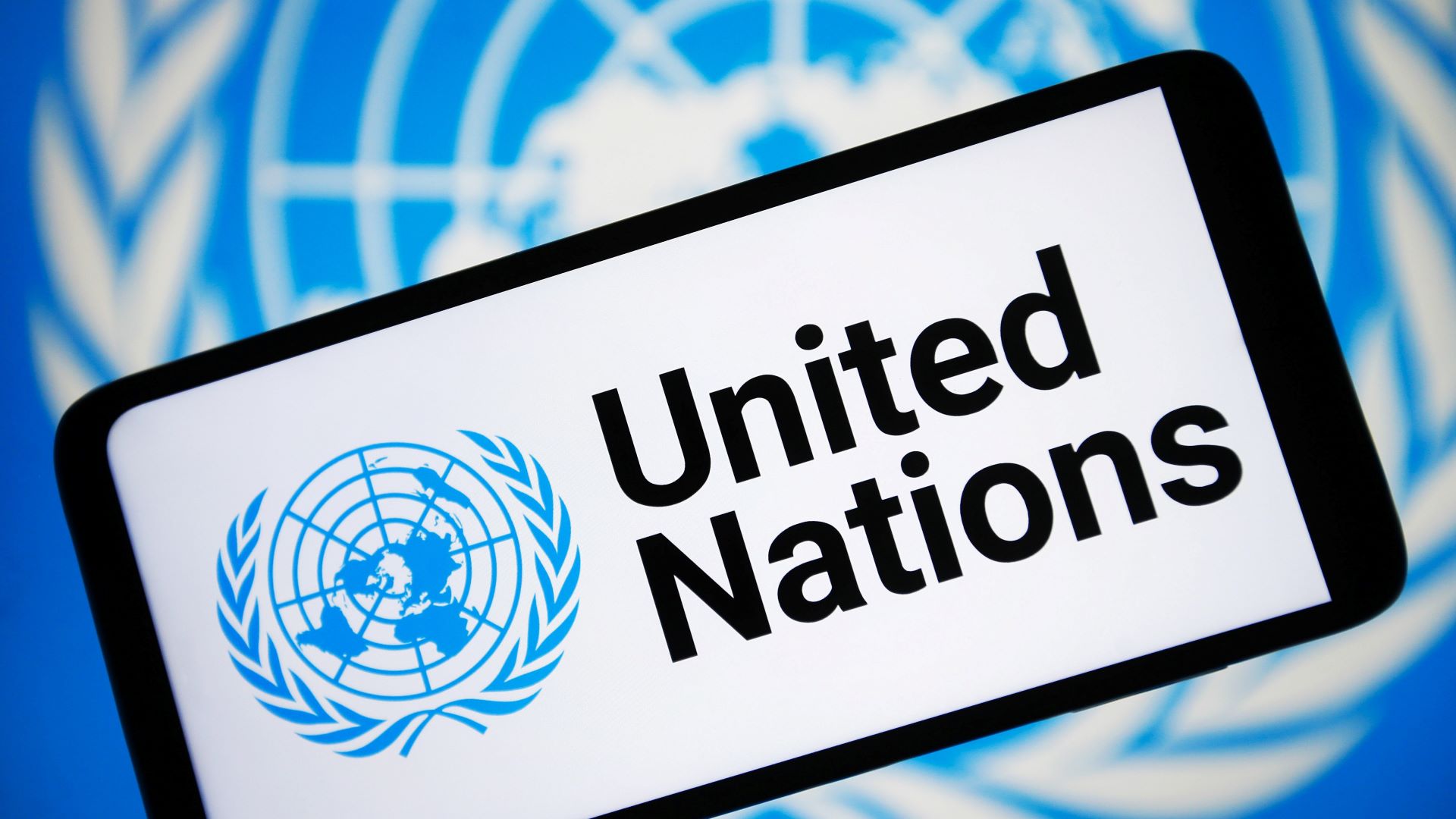US plans to support controversial cybercrime UN treaty despite fears it could be misused
The US will support the convention in upcoming vote

- The latest draft of the UN Cybercrime Convention faces key vote
- The US is set to support the treaty
- Human rights advocates say the convention will make it easier for authoritarian regimes to expand surveillance
A new draft of the UN Cybercrime Convention is set to face a key vote, and the Biden administration is reportedly set to support the treaty, despite criticism from digital rights organizations and human rights campaigners.
The convention is the first piece of legally binding legislation from the UN regarding cybersecurity, and its supporters hope to use it to establish a global framework for states to use to investigate and prevent cybercrime.
However, not only does Cisco think the treaty falls short of sufficiently protecting basic human rights, but some campaigners have said this convention will actually make it easier for authoritarian regimes to abuse their power and expand policing and surveillance.
Extensive deliberation
US officials confirmed there had been consultations with allied states and reviewed hundreds of written submissions from non-government organizations, and ultimately ‘decided to remain with consensus’.
A contributing factor to the support from the US was the need to influence later amendments and updates to the treaty, which would be made easier by support from the early stages.
A group of Democratic senators recently wrote the treaty could “legitimize efforts by authoritarian countries” to censor and surveil internet users and political activists.
“While the executive branch’s efforts to steer this treaty in a less-harmful direction are commendable, more must be done to keep the convention from being used to justify such actions,” the senators said in a joint letter to the Secretary of State, Attorney General, and others.
Are you a pro? Subscribe to our newsletter
Sign up to the TechRadar Pro newsletter to get all the top news, opinion, features and guidance your business needs to succeed!
A primary concern for digital rights groups is that the treaty doesn’t focus on crimes committed against computer systems, such as ransomware. Instead, the legislation focuses on digital communication systems, and could be used as an extension of police surveillance powers rather than protecting internet users and companies from cybercrime.
Via Politico
You might also like
- Take a look at our pick of the best ransomware protection tools around
- The United Nations is drawing up a new treaty to fight cybercrime
- Check out our choices for best antivirus removal software

Ellen has been writing for almost four years, with a focus on post-COVID policy whilst studying for BA Politics and International Relations at the University of Cardiff, followed by an MA in Political Communication. Before joining TechRadar Pro as a Junior Writer, she worked for Future Publishing’s MVC content team, working with merchants and retailers to upload content.